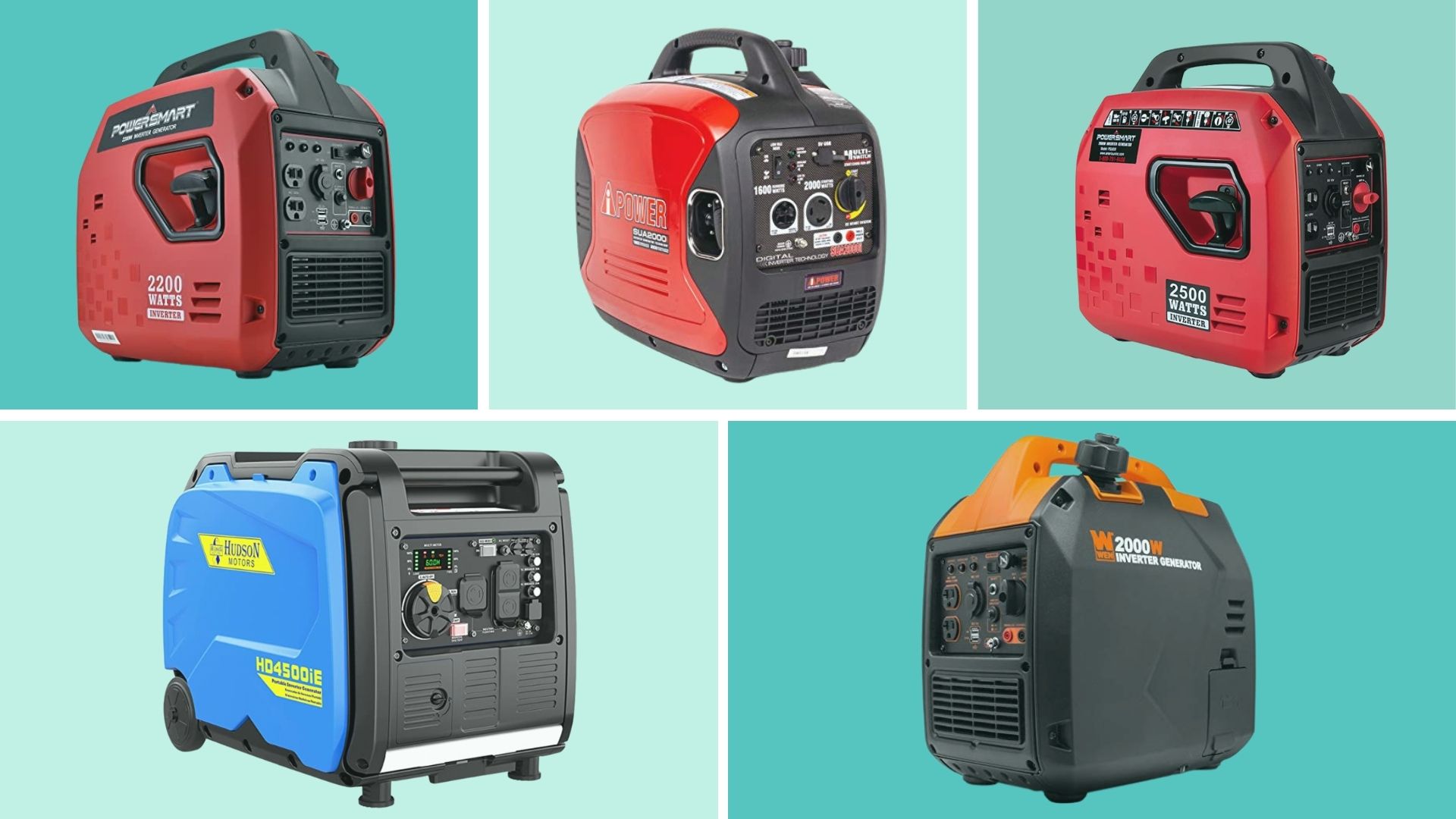In today’s world, power outages can be a major inconvenience, disrupting our daily lives and routines. Whether it’s a planned maintenance shut down or an unexpected storm, having a reliable backup power source can be a lifesaver. This is where small generator come in. These compact and portable machines offer a convenient solution for powering essential appliances and electronics during power outages.
What are small generators?
As the name suggests, small generators are portable power generators designed for residential or light commercial use. They are typically powered by gasoline, diesel, or propane and come in various wattages, catering to different power needs. Unlike their larger industrial counterparts, small generators are relatively lightweight and easy to transport, making them ideal for emergencies, camping trips, or outdoor events.
Types of small generators
There are three main types of small generators available in the market:
- Conventional generators: These are the most common type, offering a reliable and affordable option. However, they can be bulky, noisy, and less fuel-efficient compared to other options.
- Inverter generators: These generators are known for their quiet operation and clean power output, making them suitable for powering sensitive electronics. They are typically lighter and more compact than conventional generators but come at a higher price point.
- Solar generators: These eco-friendly options use solar panels to convert sunlight into electricity, offering a sustainable and noise-free solution. However, they are generally less powerful than other types and require sufficient sunlight to operate effectively.
Things to consider when buying a small generator
Before purchasing a small generator, it’s crucial to consider your specific needs and budget. Here are some key factors to keep in mind:
- Wattage: This refers to the amount of electrical power a generator can produce. It’s essential to choose a generator with enough wattage to power your essential appliances and electronics during an outage. You can find the wattage requirements for most appliances on their labels or manuals.
- Run time: This refers to the duration a generator can operate on a single tank of fuel. Consider how long you anticipate needing backup power and choose a generator with sufficient run time to meet your requirements.
- Fuel type: Each fuel type has its advantages and disadvantages. Gasoline is readily available but can be volatile and less fuel-efficient. Diesel generators are known for their fuel efficiency but can be noisier and more expensive. Propane generators offer clean burning and quiet operation, but propane tanks may not be readily available in all areas.
- Portability: If you plan on using your generator for outdoor activities or emergencies, consider its size and weight. Look for a generator that is easy to transport and maneuver.
- Price: Small generators come in a wide range of prices depending on the type, wattage, and features. Set a budget and compare different options before making a purchase.
Small generator price in Lahore
The price of small generators in Lahore can vary depending on the factors mentioned above. Here’s a general estimate to give you an idea:
- Conventional generators: Rs. 15,000 – Rs. 50,000+
- Inverter generators: Rs. 25,000 – Rs. 100,000+
- Solar generators: Rs. 30,000 – Rs. 200,000+
It’s important to note that these are just estimated ranges, and the actual price may vary depending on the specific brand, model, and retailer. It’s always recommended to conduct your own research and compare prices from different vendors before making a purchase.
Conclusion
Small generators can be a valuable asset in various situations, offering peace of mind and convenience during power outages. By understanding the different types, considering your specific needs, and comparing various options, you can choose the generator that best suits your requirements and budget. Remember, investing in a quality small generator can provide years of reliable backup power, ensuring you’re prepared for any unexpected power disruptions.


